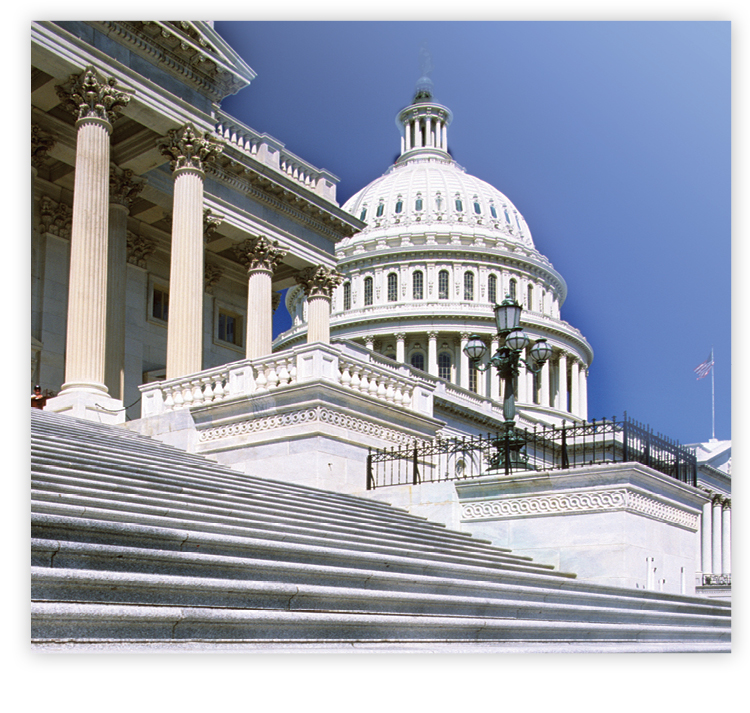 Census scams can take different forms, so stay alert. Some scammers may come to your home, pretend to work for the U.S. Census Bureau, and try to collect your personal information to use for fraud or identity theft. Others may call you or send emails or letters for the same purposes.
Census scams can take different forms, so stay alert. Some scammers may come to your home, pretend to work for the U.S. Census Bureau, and try to collect your personal information to use for fraud or identity theft. Others may call you or send emails or letters for the same purposes.
First of all, know that the Census Bureau will never ask for your Social Security number, your bank account or credit card numbers, anything on behalf of a political party, or money or donations.
If someone visits your home to collect a response for the 2020 Census, you can do the following to verify their identity:
- First, check to make sure that they have a valid ID badge with their photograph, a U.S. Department of Commerce watermark, and an expiration date.
- If you still have questions about their identity, you can call 844-330-2020 to speak with a Census Bureau representative.
- Don’t share your Social Security number, bank or credit card account numbers, or your mother’s maiden name. The Census Bureau won’t ask for this type of information.
- Don’t trust emails claiming to be from the Census Bureau. This agency sends letters to invite individuals to take part in its surveys. If you get an email from the Census Bureau, it’s probably a scam.
- Don’t trust caller ID. Call the Census Bureau’s National Processing Center to verify a telephone survey.


